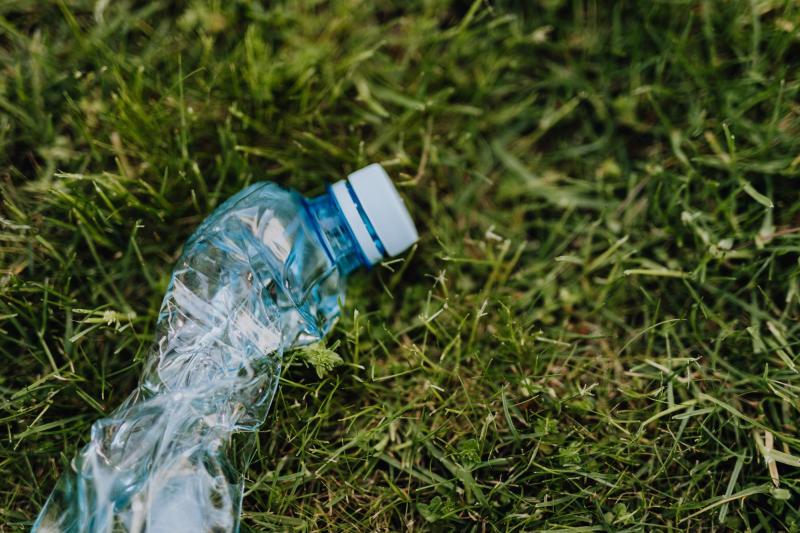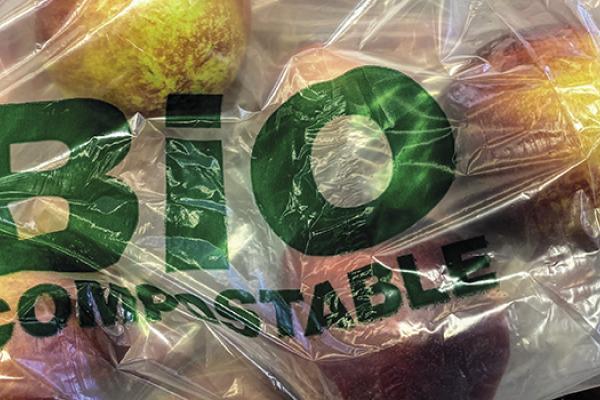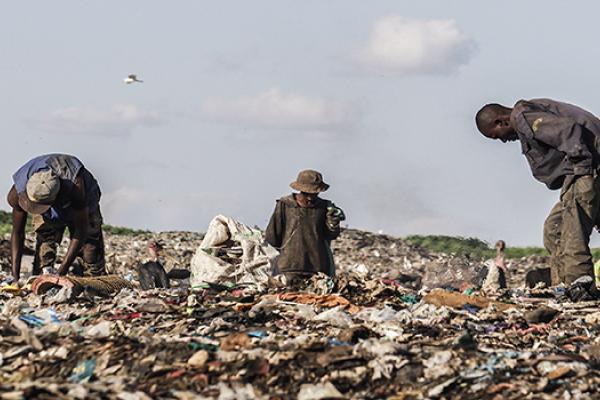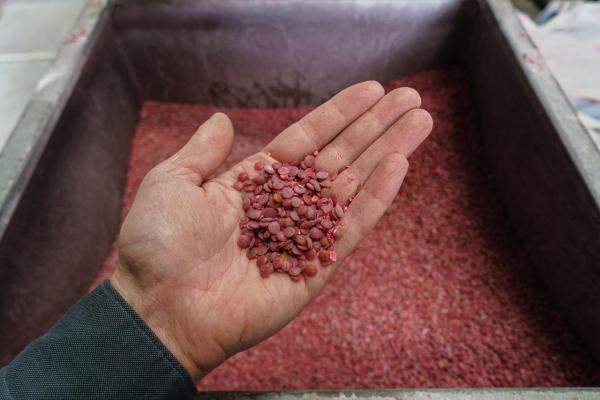However, Green Dot organisations across Europe have been opposing national and European environmental legislation aimed to give more responsibility to the industry in combating plastic litter, like deposit return on plastic bottles.
Belgian journalist Isabelle Vanhoutte and German journalist Benedict Wermter have investigated Green Dots across Europe for more than a year. Their investigation reveals how the powerful Green Dots work in networks on national and international level to maintain their income, ensure low costs for the industries and to blame citizens for littering. Overall the Green Dot organisations have installed a monopoly in most countries, in which they sometimes operate opaque and distort competition.
The journalists have spoken to science and industry and have obtained several internal documents. Their insights to the Green Dot's business is published in collaboration Correctiv (DE), Apache (BE), Médor (BE), EUobserver (EU).
With the support of Journalismfund the team of journalists has also contacted their media colleagues in other countries and explored the Green Dot situation in France, Belgium, Netherlands, Poland, Czech Republic, Italy, Austria, Germany. They have developed a whole feature storyline including country case studies and mapped data.
Prior to this ECB-grant, journalist Isabelle Vanhoutte received a grant from Journalismfund's Pascal Decroos Fund to investigate plastic recycling on a Belgian level, which led to this cross-border collaboration.
“Reading the Journalismfund’s newsletter last year I was surprised: A colleague / Isabelle Vanhoutte worked on the same story in another country – funded by Pascal Decroos Fund. So we teamed up and got granted by the Journalismfund. Thanks to the network this cross border investigation brought our stories next level.” - Benedict Wermter
Photo: Karolina Grabowska (Unsplash)





